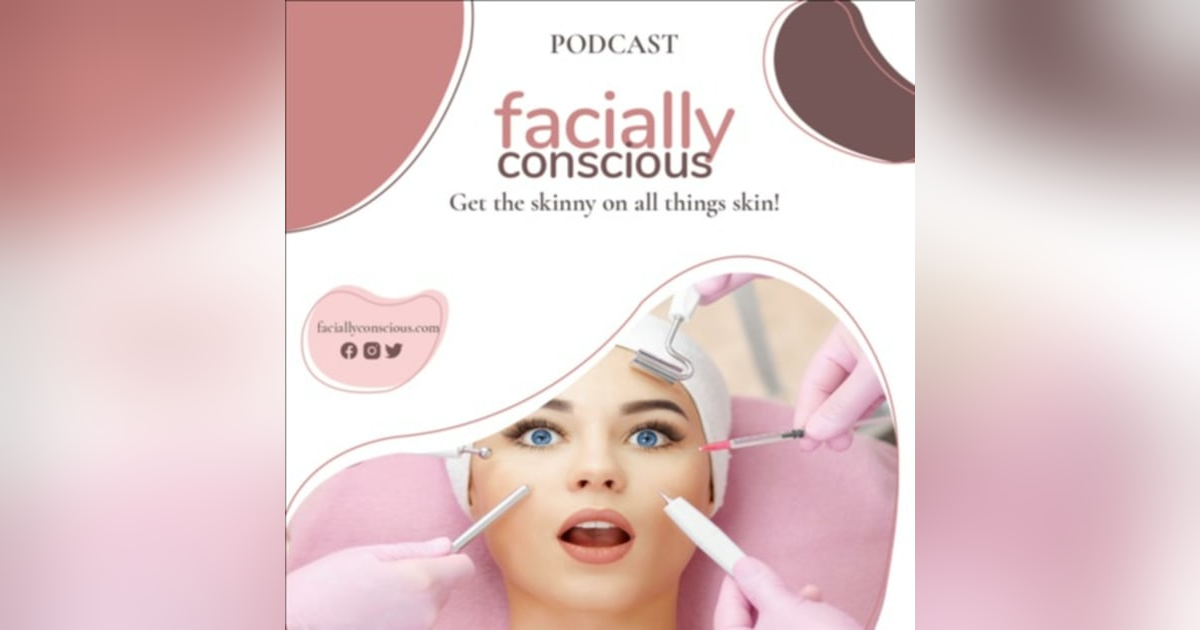Understanding Hair Loss: Causes, Treatments, and Hope

Hair loss is a universal concern that affects people of all ages, genders, and backgrounds. In a recent podcast episode Mane Matters: Tackling Hair Loss Head-On with Expert Solutions, dermatologist Dr. Vicki Rapaport explained the complexities of hair loss, including its causes, treatments, and the importance of seeking proper evaluation and care.
Please see the information below for the show notes.
The Psychological Impact of Hair Loss
Hair loss goes beyond physical changes; it can deeply impact self-esteem, confidence, and overall well-being. Whether it's gradual male or female pattern hair loss or sudden shedding due to stress or other factors, the emotional toll is significant. Hair often symbolizes youth, vitality, and attractiveness, and its loss can lead to feelings of insecurity and aging.
Understanding Hair Loss: A Multifaceted Issue
Dr. Rapaport emphasizes the importance of recognizing the diverse types of hair loss and the need for individualized evaluation and treatment. From non-scarring telogen effluvium to androgenetic hair loss, each case requires thorough examination and diagnosis to determine the appropriate course of action.
Diagnostic Process and Treatment Options
The diagnostic process involves a comprehensive history, physical examination, and often a hair loss panel, including blood tests and sometimes a hair biopsy. This helps identify underlying causes such as hormonal imbalances, nutritional deficiencies, or medication side effects.
Treatment options range from topical solutions like minoxidil (Rogaine) to oral medications like spironolactone or finasteride (Propecia). Advanced therapies like platelet-rich plasma (PRP) injections or laser therapy offer promising results for some individuals. However, Dr. Rapaport stresses the importance of a multimodal approach, which may include lifestyle changes, dietary supplements, and medical interventions tailored to each patient's needs.
Navigating Treatment Choices
While advancements like exosomes and robotic hair transplants show promise, they also come with significant costs and uncertainties. Patients are urged to exercise caution and seek guidance from experienced professionals to make informed decisions about their care.
Empathy and Early Intervention
Dr. Rapaport underscores the need for empathy and early intervention in addressing hair loss. Timely evaluation and treatment can significantly improve outcomes and quality of life for individuals experiencing hair loss.
A Journey of Hope
Hair loss is a complex issue that requires a multifaceted approach and ongoing care. By understanding its causes, seeking proper evaluation, and exploring various treatment options, individuals can embark on a journey of hope toward healthier, more vibrant hair and restored confidence.
As Dr. Rapaport aptly reminds us, addressing hair loss is not just about physical appearance; it's about reclaiming self-assurance and embracing one's unique beauty, one follicle at a time.
Thanks for joining us. Listen to the episode for deeper details.
Thanks,
Show Notes








